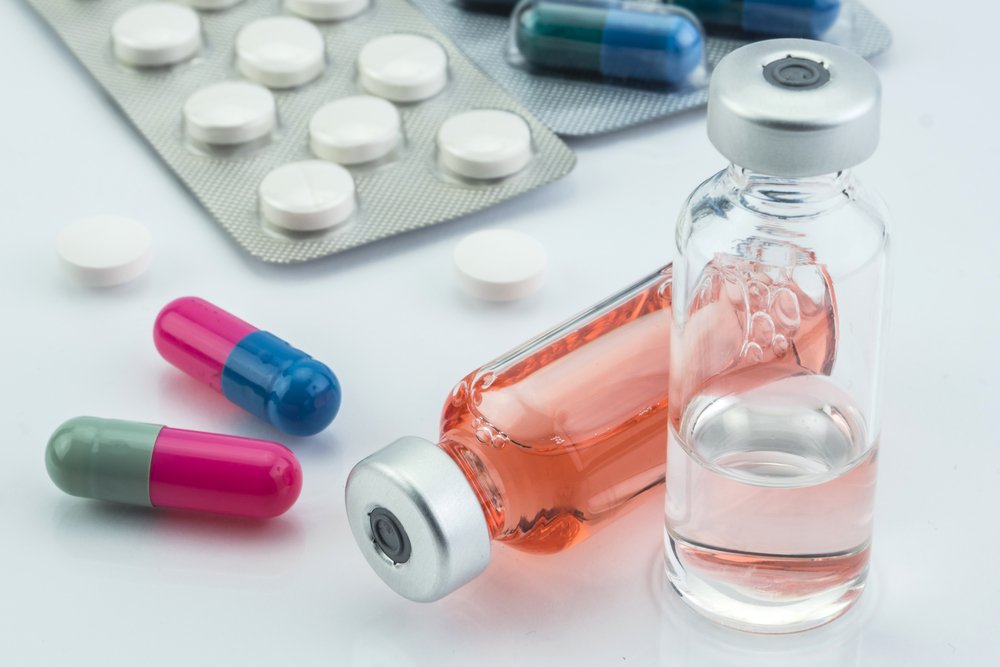Tecfidera Improves MS Patients’ Work Productivity, Compared with Other Therapies, Study Shows
Written by |

Multiple sclerosis patients taking Tecfidera, or dimethyl fumarate, were more productive at work than those on Copaxone or beta-interferon therapies, according to a study.
Tecfidera also increased patients’ quality of life, researchers said.
The study covered patients with relapsing-remitting multiple sclerosis, or RRMS. The four beta-interferon treatments were Avonex, Betaseron, Rebif, and Extavia. Those therapies and Copaxone, or glatiramer acetate, are collectively known as ABCREs.
Researchers published the study in the journal Neurology and Therapy. It was titled “Quantifying the Benefits of Dimethyl Fumarate Over β Interferon and Glatiramer Acetate Therapies on Work Productivity Outcomes in MS Patients.”
Two Phase 3 clinical trials (NCT00420212 and NCT00451451) had shown that Tecfidera reduced disease activity in RRMS patients.
Researchers decided to compare Tecfidera’s impact on work productivity and quality of life with ABCRE therapies.
The quality of life portion of the study covered 260 RRMS patients, some of whom received Tecfidera and some an ABCRE.
One hundred sixty of the 260 provided researchers with enough information about their work situation for the team to do a work-productivity analysis. The vast majority of the 160 patients had full-time jobs — 91.3 percent of those on Tecfidera, and 75.18 percent of those on an ABCRE therapy.
One of the quality of life measures was the EuroQol Five-Dimensions health states and visual analogue scale, which assesses day-to-day functioning. The other was the Hamburg Quality of Life Questionnaire in Multiple Sclerosis, which assesses level of symptoms, functioning, thinking and mood.
The tool researchers used to measure productivity was the Work Productivity and Activity Impairment Questionnaire. It assesses absenteeism, plus reductions in work activity level, on-the-job effectiveness and productivity.
On average, the Tecfidera group outperformed the ABCRE group on both productivity and quality of life measures. In general, when quality of life scores increased, so did productivity scores.
An improvement of 0.1 of a point on the EuroQol quality of life scale led to an improvement of 6.42 percent in the productivity assessment, and a one-point increase in EuroQol score led to a 22.44 percent improvement in on-the-job effectiveness score.
“This study has highlighted the potential advantages of using DMF [dimethyl fumarate] therapy to treat MS patients over ABCRE therapies,” the researchers wrote. “Higher HRQoL [quality of life] and work productivity outcomes were observed in DMF patients than in patients receiving an interferon or glatiramer acetate therapy. The HRQoL outcomes were used as a predictor of work productivity, which demonstrated a positive correlation with the EQ-5D [EuroQol] and HAQUAMS [Hamburg quality of life] measures, suggesting that as HRQoL outcomes improve, so does productivity.”
It should be noted that three of the study’s authors are Biogen employees.


